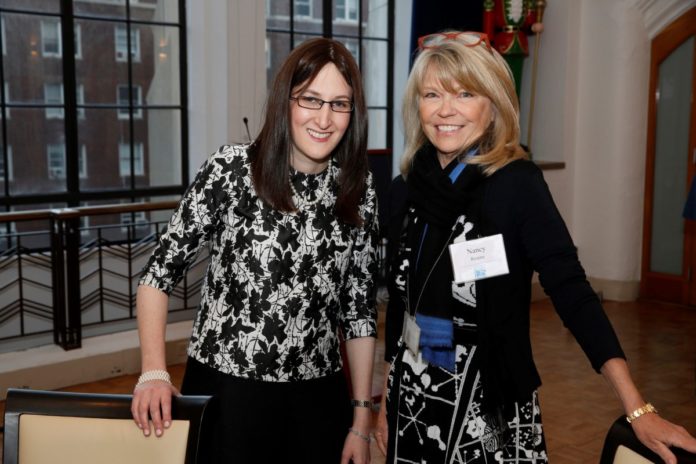Advancements in treatment during recent decades, HIV has largely become a chronic condition. This implies a more prominent level of individuals with HIV are living longer; almost 50% of the 1.1 million Americans with an HIV analysis are age 50 or more seasoned. Despite the fact that ladies make up under 20 percent of individuals with HIV, the quantity of those ladies beyond 50 years old is developing. Moreover, while past investigations have demonstrated that some HIV side effects influence ladies more than men, little was thought about the impact of menopause on this additional weight.
According to a new study by Columbia scientists, As the aging HIV population expands, so does the number of women with HIV who are going through menopause. Researchers at Columbia Nursing collaborated to examine the impact of menopause on women’s experience of HIV symptoms.
Nancy Reame, Ph.D. said, “The study of differences in the way men and women experience HIV symptoms is an important emerging focus. A number of studies have described menopause symptoms in women with HIV, but few have examined whether menopause might help explain the enhanced severity of HIV symptoms observed in women when compared to men.”
According to Schnall, the inspiration for the study came from a call for grant applications from the National Institute of Health’s (NIH) Office of Research on Women’s Health, which offered funding for adding sex/gender comparisons to existing projects.
Scientists just conducted an NIH-funded national online survey (link is external) (February to August 2016) to better understand how people living with HIV in the United States today experience symptoms and manage their disease. Recognizing the opportunity.
Coauthor Rebecca Schnall, Ph.D. said, “I was excited by the potential to study sex/gender differences in the experience of HIV symptoms, particularly given the gap in existing research.”
During the survey, individuals living with HIV detailed exhaustion, sadness, muscle hurts, and trouble nodding off as their most normal indications. Schnall and Reame investigated the information to think about reactions from ladies and men. They at that point directed a subsequent overview among the ladies who took an interest to survey their conceptive status.
Their discoveries demonstrated that post-menopausal ladies experienced more prominent effects of exhaustion and muscle hurts—paying little respect to their age, the term of their HIV disease, and the presence of other wellbeing conditions.
“Given the shifting demographics in the HIV epidemic, our findings are very salient for people living with HIV and their healthcare providers,” said Schnall. “If health care providers can better predict, identify, and manage the symptoms that are most burdensome to women living with HIV, they can improve care for these women.”
Journal Reference
- Rebecca Schnall, Haomiao Jia, Susan Olender, Melissa Gradilla, Nancy Reame. In people living with HIV (PLWH), menopause (natural or surgical) contributes to the greater symptom burden in women: results from an online US survey. Menopause: July 2018 – Volume 25 – Issue 7 – p 744-752 DOI: 10.1097/GME.0000000000001083
